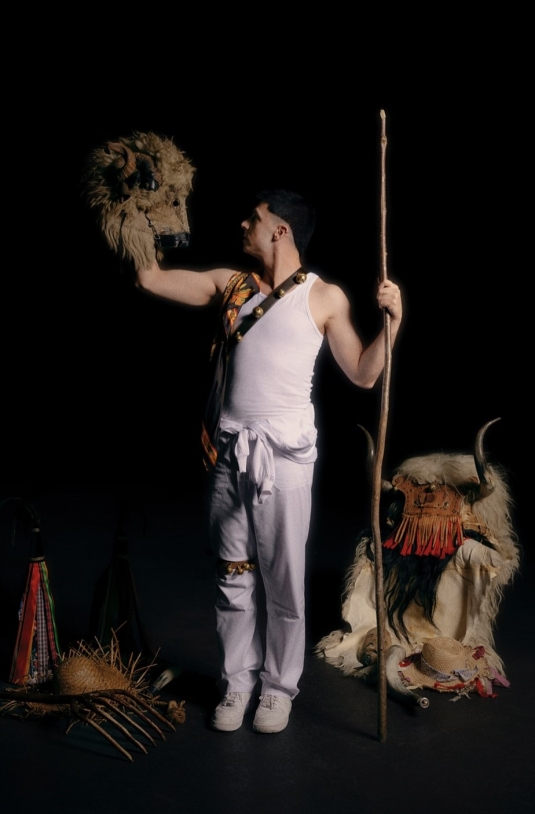 Music
Music
Zetak, pop phenomenon: Euskara, Basque mythology and artistic avant-garde
Pello Reparaz´s musical project has emerged as the most popular band in the Basque Country, driven by an ever-evolving creative vision.

Stories about people and projects that shape Basque culture and society.
 Music
Music
Pello Reparaz´s musical project has emerged as the most popular band in the Basque Country, driven by an ever-evolving creative vision.
 Gastronomy
Gastronomy
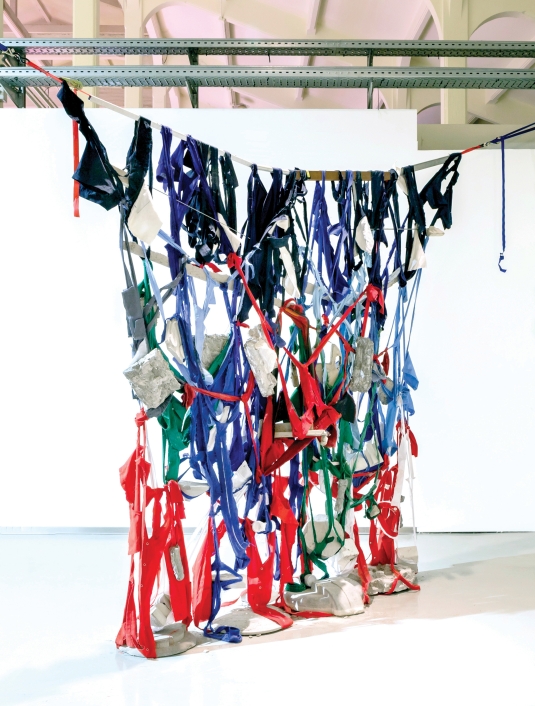 Art
Art
From 1910 to today, Basque art has blended tradition and modernity, with new artists and groups renewing its identity.

As a beneficiary of the Frank Bidart Fellowship, Knörr carried out the artistic project ´La luz que nunca se apaga´ (The light that never goes out) after her residency at California State University Bakersfield. We met with her to talk at length about her work, the fellowship, and art in general.
 Gastronomy
Gastronomy
The city of San Sebastián, in Basque Country, is a small seaside town with a quiet beach promenade and picturesque old town. It may come as a surprise, then, that this dot on the map regularly ties the city of Kyoto for most Michelin stars per person.
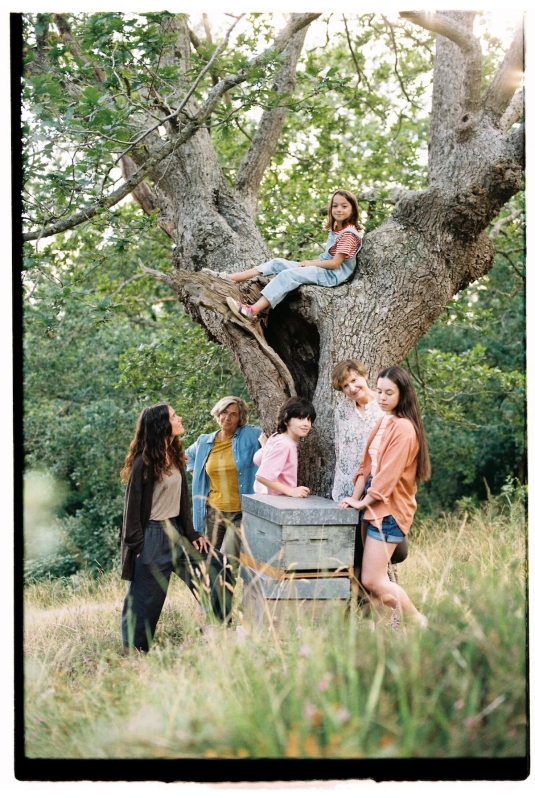 Film and audiovisual
Film and audiovisual
Many filmmakers believe that setting the stories of the LGTBI+ community in these environments adds value. After all, the source of the oppression that so many of these people have endured for years stems from their origins in small villages.
 Gastronomy
Gastronomy
The Basque Country offers a rich variety of gastronomic experiences, from gastronomic societies and pintxo bars to cider houses, local festivals, Michelin-starred restaurants, and traditional eateries. This region is a paradise for food lovers, where each place provides a unique perspective on Basque culinary culture.
Basqueculture.eus is also a gateway for industry professionals seeking information on the audiovisual, music, art, publishing and performing arts sectors, as well as Basque heritage and language. This website will allows you to contact the main operators in these sectors.
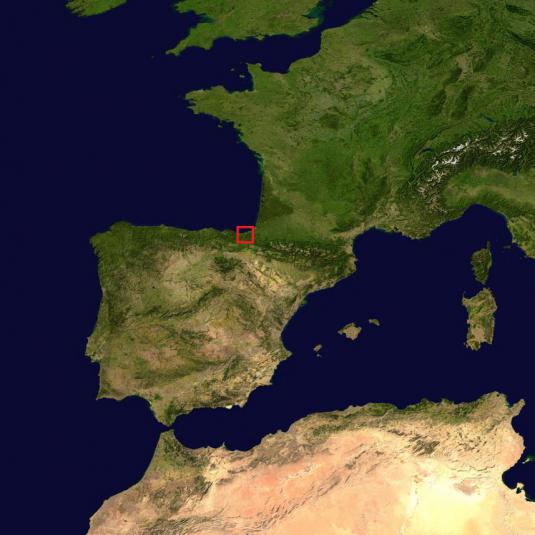
Euskal Herria, which means ‘land of the Basque language’, is located in southern Europe, at the western end of the Pyrenees. It straddles both sides of the mountain range, through valleys and plains to the wild Cantabrian Sea. This ancient land boasts an extraordinary culture, and a language unlike any other in the world. The Basque Country, also known as Euskadi or Euskal Herria, is inclusive and welcoming, and everything is within easy reach. Having adapted to change, this modern society leads the way in Europe in terms of quality of life and sustainable development.
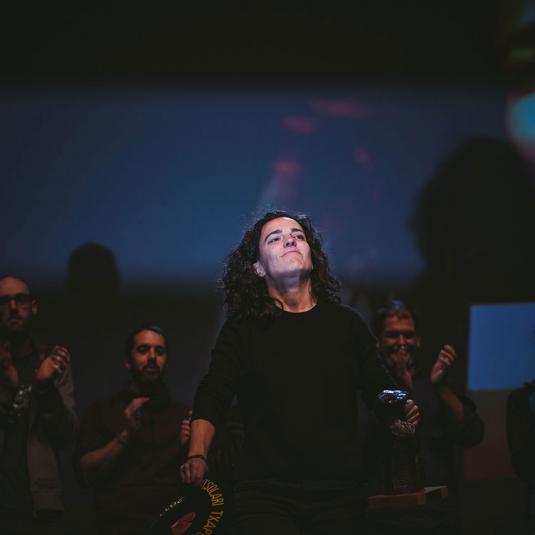
Euskara is the oldest living language in Europe. Its origin remains a mystery and it bears no resemblance to any other family of languages. It has survived for centuries, and in so doing, the Basques have preserved a rich, unique culture. A case in point is the robust health enjoyed by the Basque art of improvised verse (bertsolaritza), a formidable force in Basque culture today. Currently, some 900,000 people speak Basque. The language also enjoys a strong presence in the educational, cultural, social and digital spheres.

This is a land of deep roots and unique traditions, folklore, and mythology. Together with the language, they occupy a prominent place in the collective imagination. But more than just a way of interpreting the past, our heritage serves as a basis on which to forge our future. Ours is a modern land where tradition and modernity live together in harmony.
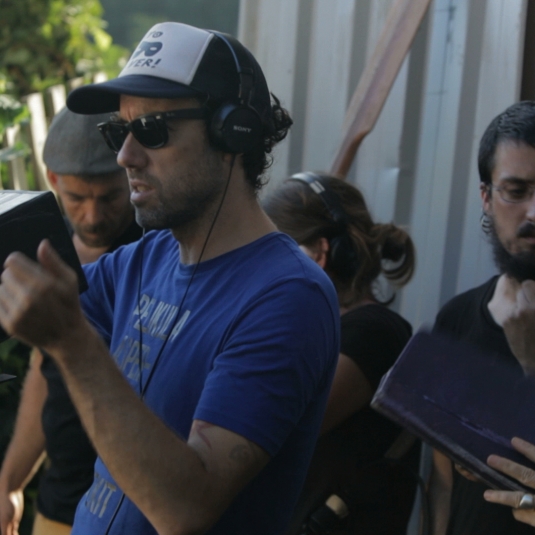
Basque language film production has flourished in the wake of the recent success of ‘Loreak’, ‘Amama’ and ‘Handia’. Basque cinema has grown over the last fifty years, from ´Ama Lur´, an ode to the Basque Country (N. Basterretxea and F. Larruquert, 1968) to the latest generation of film directors (Cobeaga, Garaño, Arregi, Vigalondo, Goenaga, Altuna, Esnal, etc.), the Kimuak short film programme, and acclaimed directors the likes of Medem and Alex de la Iglesia. With the San Sebastian Festival as its flagship, the Basque Country enjoys a rich cinematic culture.
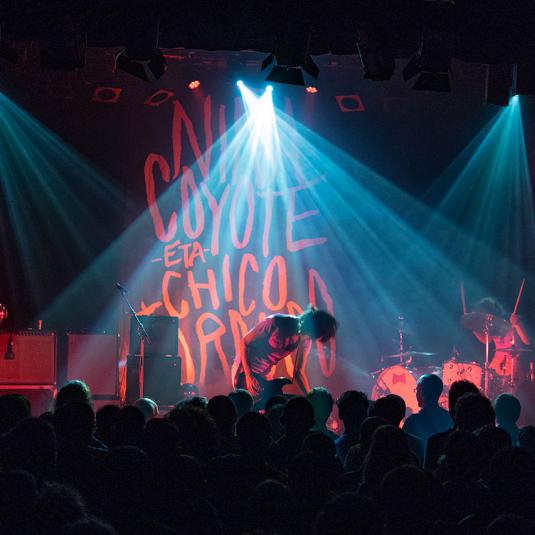
Music is an important driver of Basque cultural life. Historically, this has always been the case. Prominent Basque figures in the music world include composer Maurice Ravel, violinist Pablo Sarasate and harpist Nicanor Zabaleta. Ainhoa Arteta is one of the most acclaimed sopranos on the world stage today. Basque choirs and the Basque National Orchestra enjoy an excellent reputation internationally. Today, the country hosts a number of music festivals, including rock (Azkena Rock Festival and Bilbao BBK Live) and jazz (Vitoria-Gasteiz, Donostia-San Sebastián and Getxo). From the moving lyrics of folk artist Mikel Laboa, to the pulsating rock of Berri Txarrak, to the electronic wizardry of Belako, Basque music is making its mark.
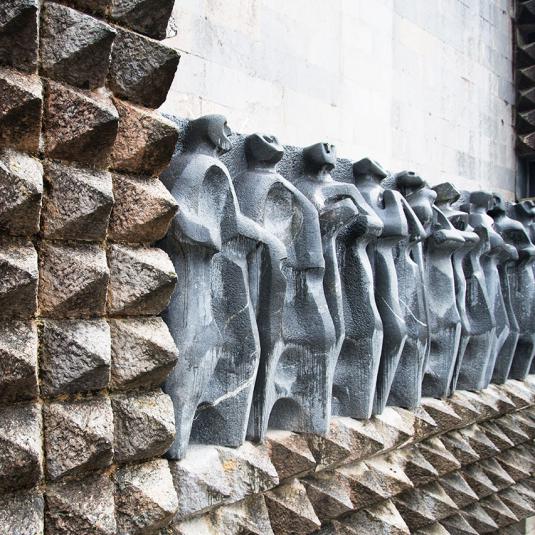
It would be impossible to understand Basque art without considering the vital legacy of Jorge Oteiza and Eduardo Chillida. Apart from the international dimension of their work, the two sculptors had enormous influence on several generations of Basque artists (Txomin Badiola, Cristina Iglesias, Peio Irazu, Ángel Bados), and co-founded Gaur, (‘Today’ in Basque), a group of local artists, in the 1960s. Esther Ferrer is a pioneer and leading representative of performance art. The Basque Country also boasts numerous art museums and cultural centres (Guggenheim Bilbao Museum, Bilbao Fine Arts Museum, Artium Museoa, Tabakalera…), and Basque art can be enjoyed around the world thanks to artists such as Itziar Okariz, Sergio Prego, Maider López, Asier Mendizabal and Jesús Mari Lazkano.
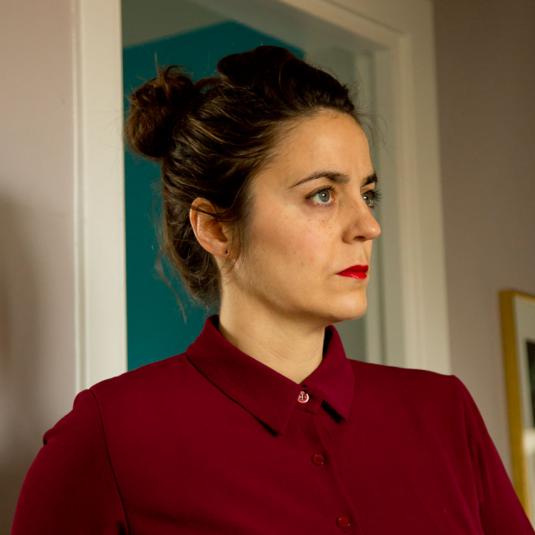
Basque literature is more robust than ever. Many Basque novels are translated into other languages, some have won awards and others have been made into films. With the end of the Spanish dictatorship in 1975 came a surge of publishing houses. Writers such as Bernardo Atxaga, Ramon Saizarbitoria and Arantxa Urretabizkaia are largely responsible for giving Basque language literature a well-deserved boost. Over the last few years, a group of up-and-coming writers, led by Eider Rodríguez, Kirmen Uribe and Harkaitz Cano, are poised to continue this legacy. Other local writers, including Ramiro Pinilla, Fernando Aramburu and Dolores Redondo, have enjoyed success with works in Spanish over the last few decades.
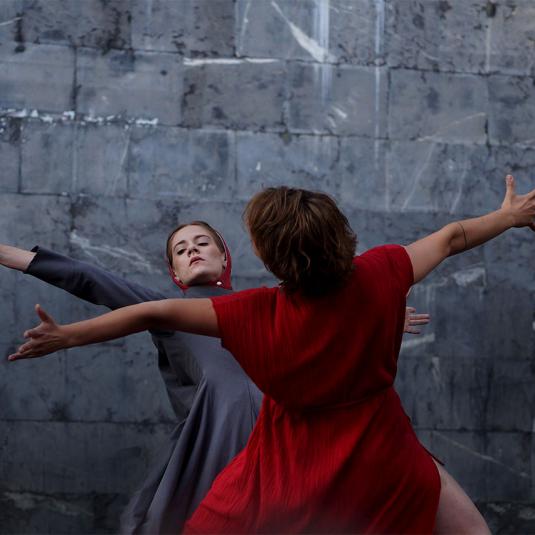
From traditional dance to avant-garde theatre, the Basque world of performing arts offers a wide range of highly unique work. Despite profound social changes, traditional dance has survived in the Basque Country. Classical, traditional, theatrical and contemporary dance are often blended into fusion productions. Local ballet stars, -Lucía Lacarra and Igor Yebra-, currently belong to large international ballet companies. In addition to multiple independent venues, the Arriaga Theatre in Bilbao, the Victoria Eugenia in San Sebastián and the Principal in Vitoria-Gasteiz are responsible for keeping the acting flame alive.
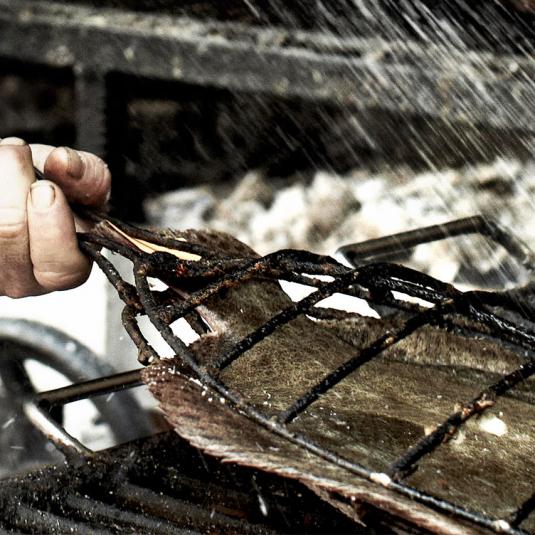
For the Basques, gastronomy isn’t just food. It’s a way of life. Pintxos, delicious mouthfuls of miniature cuisine enjoyed in a casual setting, have become one of the hallmarks of Basque food culture. The Basque Country is also home to hundreds of gastronomic societies, private clubs where friends get together to cook and socialize over a meal. Basque cuisine is a leading international force and has spearheaded several culinary revival movements. San Sebastian boasts more Michelin stars per capita than virtually any other city in the world.

The Basques are famous for their adventurous and innovative spirit. Prominent figures such as Juan Sebastián Elcano, the first man to circumnavigate the globe, or Saint Ignatius of Loyola, founder of the Jesuits, have left their mark on the world. Universal Basques can be found in every corner of society: fashion couturiers Balenciaga and Paco Rabanne; writers Unamuno, Pío Baroja and Bernardo Atxaga; and artists Eduardo Chillida, Jorge Oteiza and Cristina Iglesias. In the business world, the modern, innovative Basque cooperative model has been the subject of praise and study by world-renowned economists.